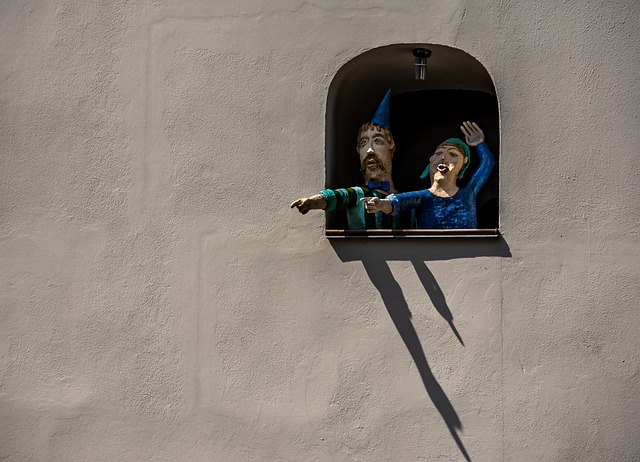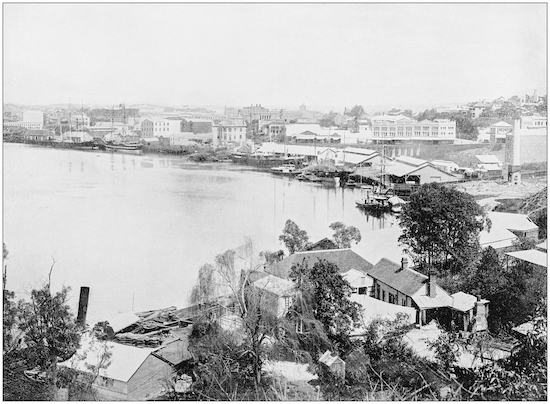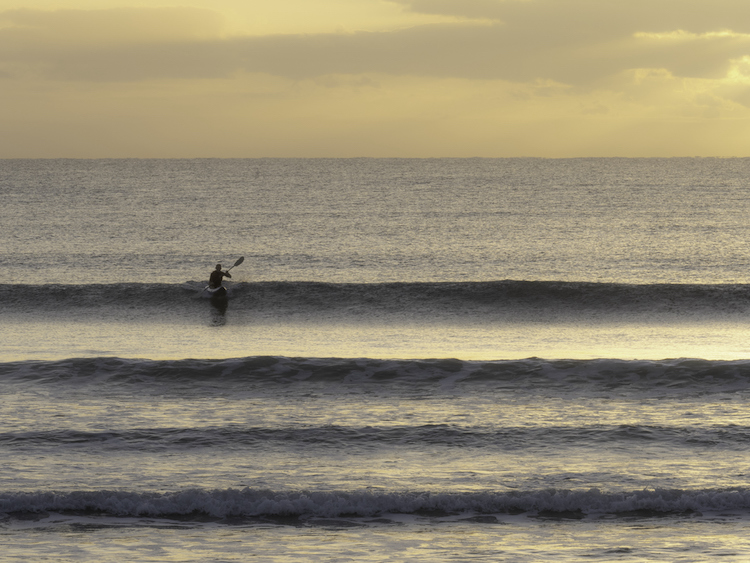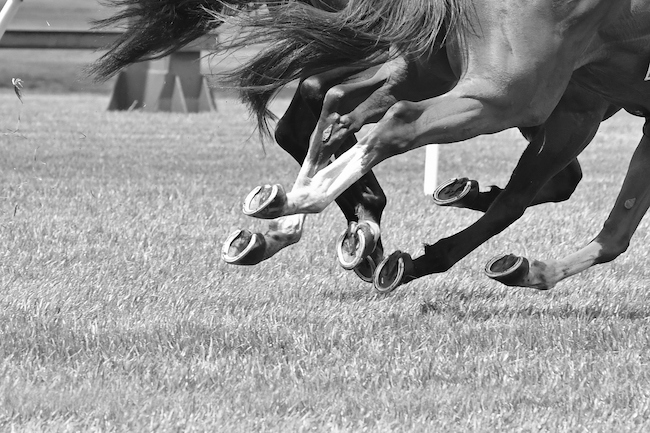
Welcome to GR Online, a series of short-form articles that take aim at the moving target of contemporary culture as it’s whisked along the guide rails of innovations in digital media, globalisation and late-stage capitalism.

It takes two
Most actors and painters and writers have got this strange combination where the public looks at them and thinks, Oh, I see that person on film all the time; they must be doing so well, and then if you get to know them you know that the last time they worked was four years ago. That’s a writer’s life.

Ask me anything
You don’t ever want to go so off the rails that you encourage somebody to blow their life up thoughtlessly. It was always helpful to remind myself, ‘The most I can do is offer someone a useful suggestion that they will consider. They still have to make their own decisions based on how they want to live their lives.’ If you take yourself too seriously in that position, you feel like, my God, I’m responsible for the wellbeing of all of these strangers, what if I mess up?

The comfort of objects
Objects can be powerful mnemonics that connect us to stories and the places they were acquired. I have always had an interest in the things we collect and the way we arrange them in our homes. Being an artist, I like to create a place for these objects – an installation of sorts – within the domestic space, for my pleasure and for those who visit. The objects that appear in Open House are still lifes that the sitter interacts with and gives reason to their being.

Past-making within the present
The Marranbarna Dreaming story is a central story to Gudanji, and that essential story forms our beingness. My kids grew up hearing that story from when they were tiny babies – they heard it through my words and they heard it through the words of their grannies, so they could embed the story within their own sense of identity and then retell it. Both of my girls are mums now, and they retell that story to their daughters all the time, so it just becomes a normal part of who and how they are as Gudanji people.

Always was, always will be
If Aboriginal people are all dead, you don’t have to negotiate a treaty with us and you certainly don’t have to go around feeling guilty about stolen land and stolen wages and stolen children; the subjects of that injustice don’t exist anymore if you choose to believe that we’re dead or all assimilated, which isn’t the case. It’s a very practical kind of assimilation strategy.

The sentimentalist
I’ve positioned myself as somebody who’s constantly going through the trash of yesteryear with my raccoon paws and saying, ‘Wasn’t it grand?’ I think it’s more that I’m drawn to things I misunderstood rather than things that are just old, and I’m also interested in diagnosing the culture through what we loved, what we made and what we despised. It’s becoming much more clear to me the older I get.

Escaping the frame
All my work as a writer and activist over the last fifty years has comprised various attempts at what I call ‘escaping the frame of European colonisation, European story and European ways of telling story’.

Lines of beauty
I studied printmaking because in the mid-’90s there wasn’t so much exciting painting happening in QCA studios, but also because I really wanted to learn new processes for my undergrad and, like most artists, I’d always painted. Painting had fallen out of fashion, and everyone was making installation, then photography and film – the new digital world reigned supreme for a decade. Now it’s all about painting.

Fly on the wall
Animals are extremely important and extremely neglected in our public discourse. We’re not even paying enough attention to human rights and human justice issues, and we’re paying next to no attention to non-human rights and non-human justice issues. That doesn’t mean that we don’t care – people do care about animals, and they want animals to have good lives – but we’re either unaware of or unwilling to acknowledge all the pain and suffering that animals experience as a result of human activity.

Narratives of the natural world
All kinds of interpretation are a form of fiction. These are fictions that we need in order to connect with the larger environment. When our current thinking has failed to make us think of ways to connect with the environment, art may be the only way we can have access to new ways to think about where we are in relation to the environment.

A life with horses
In 2011, I was invited to a writers’ retreat in Santa Fe. It was held on a lovely old ranch with beautiful horses – Western Paints, Appaloosas – and one of the wranglers noticed me admiring them and invited me on a trail ride. It was an ecstatic experience.

Easy rider
My first bull-riding job was a portrait of a young rider named Ian ‘Irish’ Molan from Cork, Ireland, for the upcoming event in Darwin that weekend. I attended the event that weekend and photographed behind the scenes and focused on Ian Molan in action. When it was the Irishman’s turn, he was thrown off the bull, who stomped on the rider’s chest repeatedly. I thought Ian was going to die. The bull was relentless.